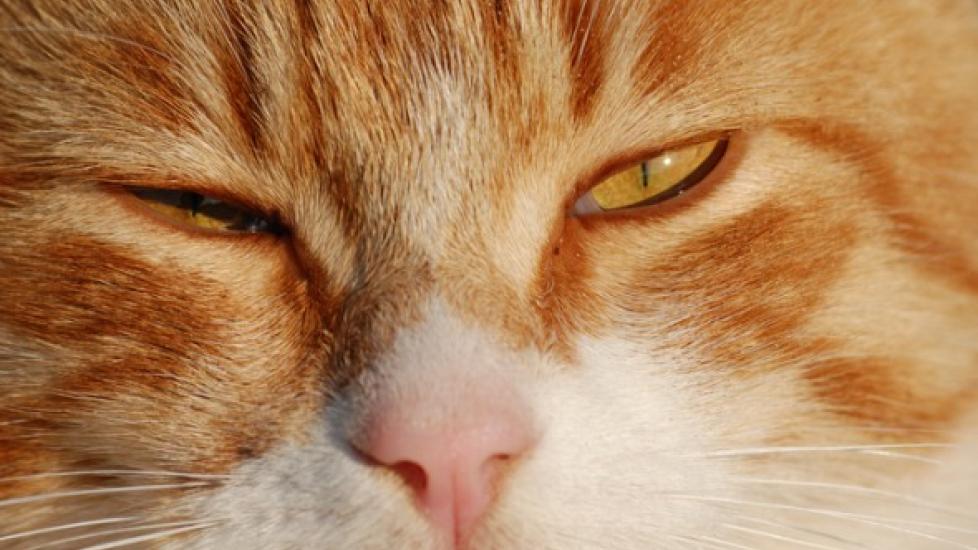 Cats are often described as aloof creatures, but they have a language all their own. One of the most subtle yet intriguing aspects of feline communication is blinking. But do cats blink like humans do? And if so, what does it mean when your furry friend gives you that slow-motion wink? Let’s delve into the fascinating world of cat behavior to find out!
Cats are often described as aloof creatures, but they have a language all their own. One of the most subtle yet intriguing aspects of feline communication is blinking. But do cats blink like humans do? And if so, what does it mean when your furry friend gives you that slow-motion wink? Let’s delve into the fascinating world of cat behavior to find out!
First and foremost, let’s address the question at hand: Do cats blink? The answer is a resounding yes! Just like us, our feline companions need to keep their eyes lubricated and clean by regularly closing them and allowing the natural oils from their tear ducts to spread across their corneas. However, while human blinks tend to be quick reflexes or social cues (like nodding), cat blinks carry a more complex message.
In the realm of feline body language, a slow blink can signify contentment and trust. It’s almost as though your cat is saying, “I feel safe with you; I’m comfortable in this environment.” This gesture is sometimes accompanied by a soft purr, adding an extra layer of affectionate reassurance. If you reciprocate with a similar blink, you may even see your cat’s pupils dilate—a sign of pleasure and recognition that you understand their unspoken language.
Moreover, some experts believe that a closed eye indicates a momentary disengagement from the outside world. Cats will close one eye at a time, seemingly tuning out distractions to focus on their inner thoughts or simply taking a mental break. This behavior might also serve as a signal for other animals around them to know that they aren’t actively looking for trouble.
Blinking isn’t just about communication, though; it’s also crucial for maintaining healthy vision. Unlike humans who primarily rely on blinking to distribute tears over their eyeballs, cats produce an oily substance called “tear oil” that spreads effortlessly across their relatively dry eyes. Their blinking mechanism helps to ensure that these precious drops cover every part of their sensitive retinas, protecting them against dust, debris, and harmful UV rays.
It’s worth noting that excessive blinking could indicate discomfort or illness in cats. Persistent squinting, watery eyes, or unusual pawing at the face should prompt a visit to the veterinarian. These behaviors might point to underlying issues such as allergies, infections, or even certain types of cancer. Early detection and treatment are key to keeping your pet happy and healthy.
In conclusion, cats do indeed blink, and each blink carries its own significance. Whether it’s a tranquil gaze followed by a slow blink or a series of rapid blinks during a nap, understanding these signals can strengthen the bond between pets and their owners. By paying attention to these silent messages, we not only enhance our connection with our feline friends but also provide them with the care and comfort they deserve. So next time your cat bestows upon you that enigmatic flutter of lids, take it as a gift—a tender whisper of love and trust from the secret society of whiskered wonders.
